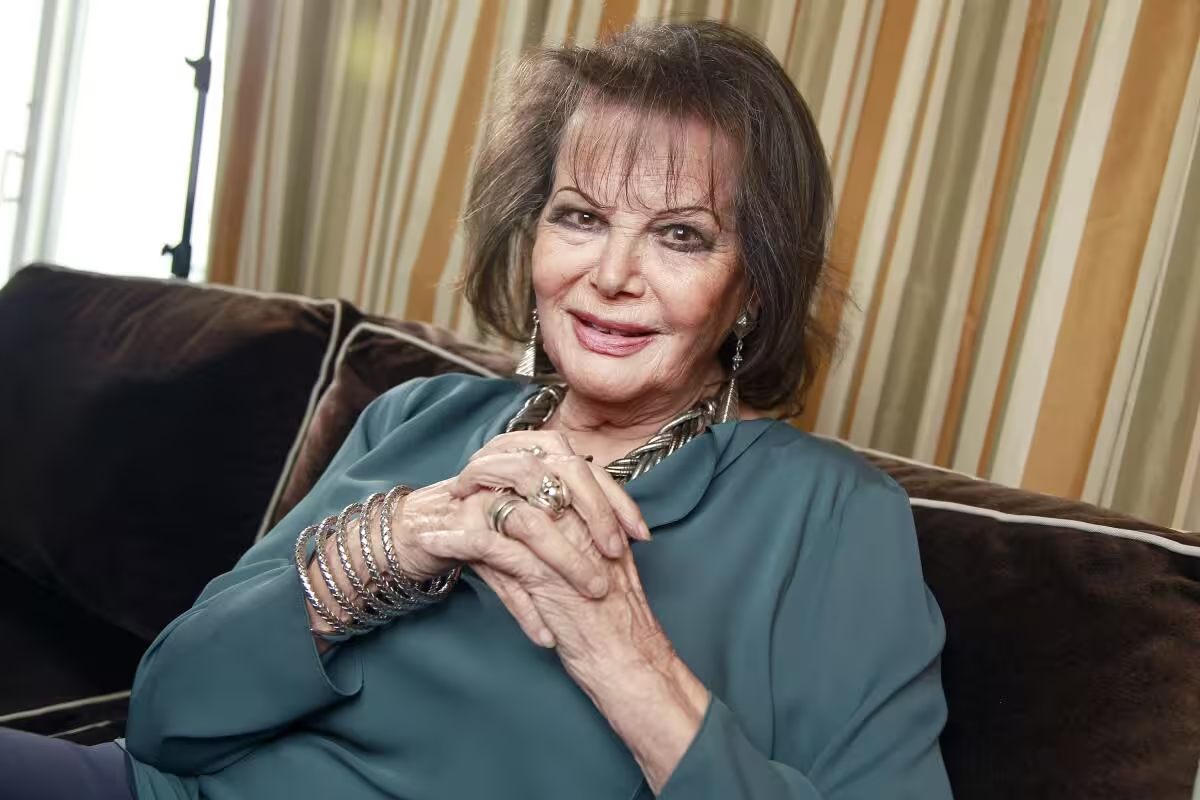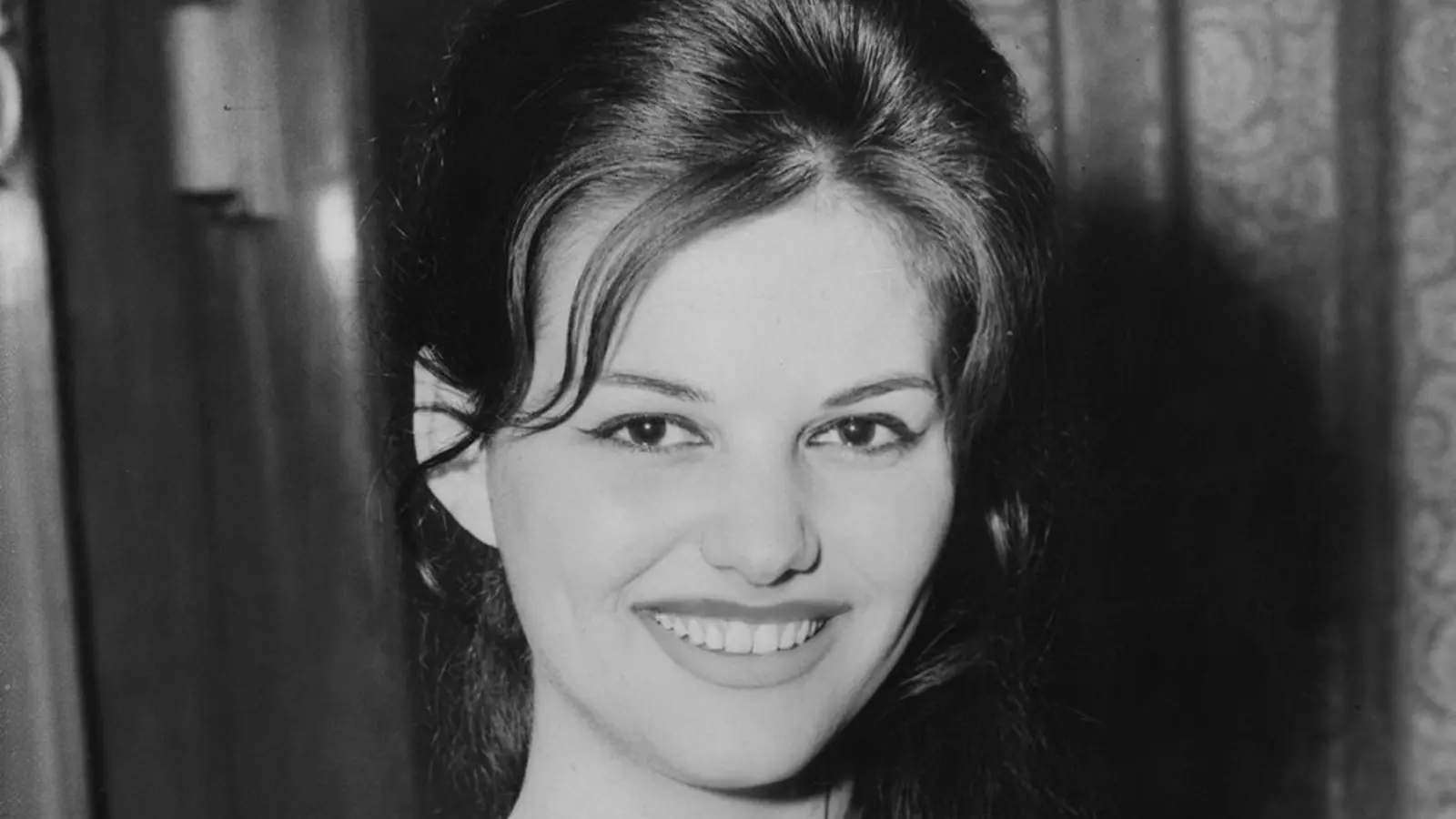5 Minutes
Claudia Cardinale, the luminous actress who helped define Italian and European cinema in the 1960s and beyond, has died at 87. The star — known for her striking beauty, smoky voice and an ability to move effortlessly between art-house masterpieces and popular genre films — passed away in Nemours, near Paris, her agent told AFP. "She leaves us the legacy of a free and inspired woman both as a woman and as an artiste," Laurent Savry said.
From Tunis to the center of European cinema
Born Claude Joséphine Rose Cardinale in Tunis to Sicilian parents, Cardinale’s multilingual upbringing (French, Tunisian Arabic and Sicilian) shaped a cosmopolitan screen persona. She didn’t learn Italian until she was already working in Italian film — an unusual start for a woman who would become synonymous with Italian cinema. Spotted at a beauty contest in Tunis that led to a trip to the Venice Film Festival, she soon landed roles in Jacques Baratier’s Goha (1958) and Mario Monicelli’s Big Deal on Madonna Street (1958), the latter helping cement her place in the postwar Italian film revival.
Defining performances and unforgettable collaborations
Cardinale’s career is remarkable for both its range and its collaborators. She appeared in Luchino Visconti’s Rocco and His Brothers and The Leopard, where her sensuality and vitality held their own beside towering performances by Burt Lancaster and Alain Delon. Federico Fellini cast her as Claudia in 8½, the ethereal muse who hovers over Marcello Mastroianni’s dreamlike crisis — a role that cemented her status in art cinema.
She also flourished in genre cinema: as Princess Dala in Blake Edwards’ The Pink Panther (1963), and in Sergio Leone’s Once Upon a Time in the West, where one devastating scene captures the emotional backbone of Leone’s operatic Western. In The Professionals (1966) and Werner Herzog’s Fitzcarraldo (1982), Cardinale brought emotional truth even when screen time was limited. Her career straddled arthouse sophistication and commercial vitality in the way that few European actresses managed.

Comparisons and context
Cardinale’s trajectory invites comparison with contemporaries such as Sophia Loren and Claudia’s fellow Fellini femmes — yet her career stands out for its blend of raw naturalism and mythic, cinematic glamour. In Leone’s Westerns, Cardinale’s performance contrasts sharply with the myth-building of American Westerns, offering a European sensibility that emphasized character interiority and tragic consequence over simple heroics.
She also collaborated repeatedly with major Italian directors — Visconti, Fellini, Bellocchio — and appeared in international productions that broadened her appeal across France, Italy, Spain and Hollywood.
Personal life, resilience and later work
Cardinale’s off-screen life was complex and often painful. In interviews she revealed personal traumas and the compromises required by a public career — including raising her son Patrick as a brother to avoid scandal. She was once married to producer Franco Cristaldi, who managed her early career. Despite setbacks and persistent ageism in film (which she publicly criticized), Cardinale kept working well into her seventies and eighties, returning to Tunisia for The String (2010) and appearing in Fernando Trueba’s The Artist and the Model (2012) and Effie Gray (2014).
"Cardinale’s screen presence was a bridge between postwar Italian neorealism and the bravado of 1960s European genre cinema," says Dr. Elena Varga, a film historian. "Her performances carry both a lived-in authenticity and a mythic quality — a rare combination that directors treasured."
A decorated artist, she received a career Golden Lion at Venice (1993), an honorary Golden Bear in Berlin (2002), and multiple David di Donatello awards across decades for standout roles in films like Girl with a Suitcase and A Girl in Australia.
Cardinale leaves behind two children and a filmography that remains a touchstone for lovers of European cinema. Her work continues to be rediscovered by new generations who find in her performances an emotional honesty and cinematic magnetism that still feels modern.
Whether seen as Fellini’s elusive muse or Leone’s heartbroken woman, Claudia Cardinale’s presence on screen was unmistakable — a reminder of cinema’s power to make private sorrow feel universal.
Source: variety



Leave a Comment